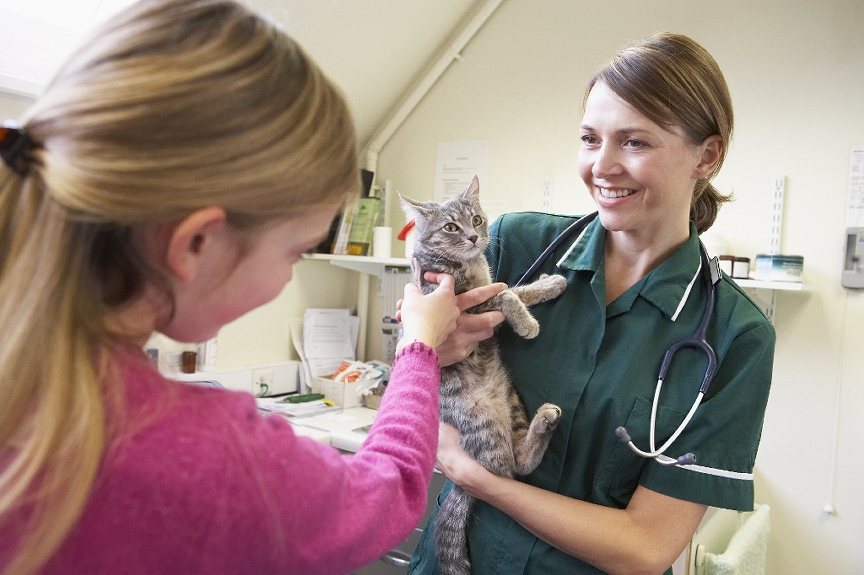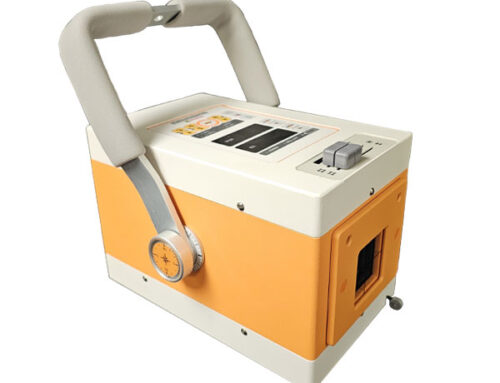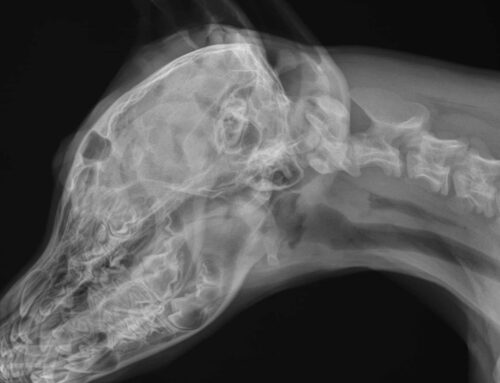The dream of working in the veterinary field often begins with a child’s first pet. Pursuing a career as a vet tech or a vet nurse is the popular alternative for those animal lovers with limited time or limited finances. A career as a vet tech or vet nurse provides an ever-changing work environment and the opportunity to work closely with animals in a team-based work atmosphere.
Debate over the Correct Title
The terms vet tech and vet nurse, at this stage, are entirely interchangeable, but things may be changing. According to the National Association of Veterinary Technicians in America (NAVTA), a debate about whether or not the title of technician is more appropriate than nurse extends across the United States. To that end, NAVTA has introduced
The National Credential Initiative
- The goal of the initiative is to standardize the credential for our profession in terms of credentialing requirements, title, and scope of practice throughout the nation.
- A standardized title should be used in all 50 states; in addition, a standard should be set in all 50 states for maintenance of credentials
- A standardized credential will unify the profession and grow professional recognition
- The veterinary consumer needs to understand what credentialed veterinary technicians/nurses do on a daily basis in regards to patient care
- Pet owners are demanding qualified veterinary nursing personnel, which leads to consumer protection and patient care
Veterinary Tech (Nurse)
The term vet tech refers to either a vet technologist or vet technician. There is very little difference between the two jobs as they both perform many of the same duties. Most technicians work within a privately owned clinic, while technologists have the option to work in more research-based facilities.
Role of a Clinical Vet Tech/Nurse
Vet techs must work under the direct supervision of a fully licensed veterinarian within a clinic or hospital. According to the Bureau of Labor Statistics, those working in a clinic or animal hospital perform such duties as medical data recording, radiology, drawing blood, urine analysis, etc. In some practices the more seasoned vet tech is trained in and charged with client communication. Vet techs generally work with small animals, such as cats, dogs, birds and mice, but may also work on larger animals, such as sheep, pigs and monkeys.
Role of a Research Facility Vet Tech/Nurse
Vet nurses/techs qualified to work in a research facility must also work under the supervision of a fully licensed veterinarian. This position requires more accountability and may include administering medication, preparing for lab exams, recording and analyzing animal pedigree, prepping for operations and performing euthanization.
Schooling, Training and Opportunity
Vet techs/nurses complete a science-focused education. Career candidates should enroll in as many science and biology courses as possible prior to entering a vet tech/nurse program. NAVTA reports “There are over 230 AVMA accredited Veterinary Technology Programs located around the United States. You can earn either an Associate Degree, which takes 2 years or a Bachelor’s Degree, which takes 4 years at the various community colleges, colleges and universities offering a veterinary technology program.” Advancement opportunities include additional responsibilities and the possibility of supervisory positions.






